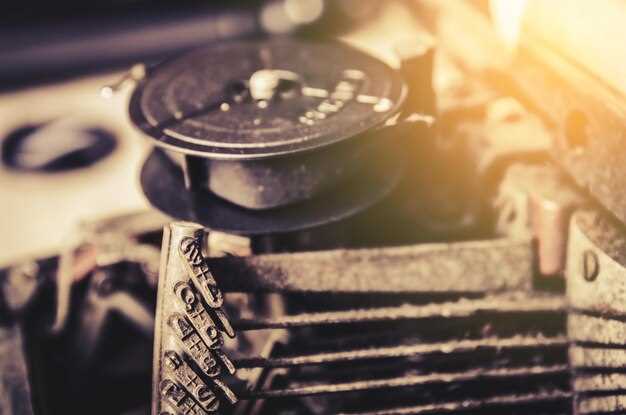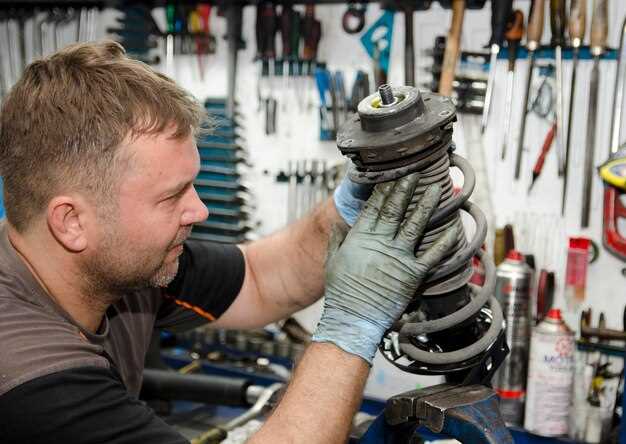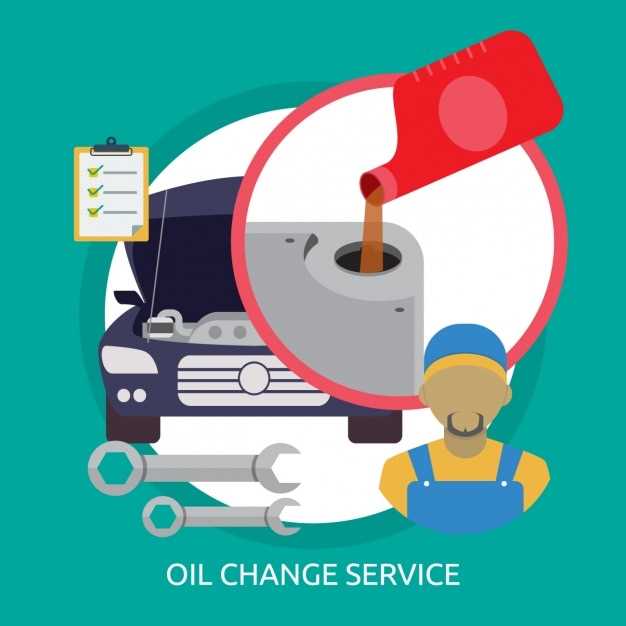

As the winter chill fades and spring blossoms, it’s the perfect time to focus on the vital upkeep of your diesel engine. Proper maintenance during this season is crucial for ensuring the longevity and performance of your machinery. This spring, implementing a comprehensive maintenance checklist can help identify potential issues before they escalate, ensuring your engine runs smoothly throughout the warmer months.
Engaging in a thorough service routine will not only enhance your engine’s efficiency but also save you from costly repairs down the road. From inspecting fuel systems to checking the integrity of hoses and belts, each component plays a significant role in the overall functionality of your diesel engine. By following a structured spring maintenance plan, you set the stage for optimal performance and reliability.
In this guide, we’ll outline essential steps and tips to ensure your diesel engine is ready to tackle the demands of the upcoming seasons. Whether you’re a seasoned mechanic or a DIY enthusiast, this checklist will provide the foundational knowledge needed to maintain your engine’s health year after year.
Inspecting and Replacing Fuel Filters
Regular inspection and replacement of fuel filters are essential steps in maintaining the longevity of a diesel engine. As part of your seasonal maintenance checklist, ensure that you allocate time to inspect fuel filters during the spring servicing. Fuel filters play a crucial role in keeping the engine clean by trapping impurities and contaminants in the fuel system.
Start by locating the fuel filters in your engine setup. Depending on the model, there may be more than one filter; therefore, verify the specific configuration of your engine. Carefully remove the filters, taking care to catch any fuel to prevent spillage. Inspect the filters for signs of clogging, dirt, or any other damage. A clogged filter can impede fuel flow, leading to engine performance issues, increased wear, and eventually, potential failures.
If the filters show significant contaminants or if they have reached their service interval based on manufacturer recommendations, it is advisable to replace them immediately. Ensure that you’re using quality replacement filters that meet the specifications for your engine. This will help maintain the fuel efficiency and performance expected from your diesel engine.
After installation, double-check all connections to prevent leaks. Priming the fuel system may be necessary to ensure proper flow before starting the engine. Incorporating this task into your seasonal maintenance routine not only aids in engine protection but also enhances overall functionality, allowing for smoother operation as the driving conditions change with the season.
Assessing and Tuning Engine Belts and Hoses

As the spring season arrives, it’s crucial to focus on the ongoing service of your diesel engine, particularly in assessing and tuning the engine belts and hoses. These components play a vital role in ensuring optimal performance and longevity of the engine.
Begin by inspecting the belts for signs of wear and tear. Look for cracks, fraying, or unusual glazing on the surface. Any of these signs indicate that the belt may need replacement. Proper tension is also essential; an overly loose belt can slip, while one that is too tight can cause damage to engine components. Adjust the tension according to the manufacturer’s specifications to ensure proper functionality.
Next, turn your attention to the hoses. Check for leaks, bulging, or hardening of the rubber. Hoses that are in poor condition can lead to coolant leaks or loss of power steering fluid, which can quickly escalate into more significant issues. It’s advisable to replace any hoses that show signs of aging or damage to prevent unexpected breakdowns during the warmer months ahead.
Additionally, consider the routing of the belts and hoses. Ensure that they are not in contact with hot engine components that could lead to premature failure. Seasonal adjustments might be required to optimize the layout, promoting better air circulation and reducing heat buildup.
Regularly assessing and tuning engine belts and hoses during spring will not only enhance the performance of your diesel engine but also extend its operational lifespan, allowing you to enjoy a more reliable driving experience throughout the year.
Checking and Adjusting Cooling System Components

As spring arrives, it’s crucial to focus on the maintenance of your diesel engine’s cooling system. This seasonal service ensures that all components function efficiently, preventing overheating and prolonging engine life.
Start by inspecting the radiator for any signs of leaks, corrosion, or blockages. Ensure that the fins are clean and unobstructed to allow optimal airflow. A clogged radiator can significantly reduce cooling efficiency, leading to engine stress.
Check the coolant levels and quality. Replace old coolant that has lost its protective properties or appears discolored. This step is vital in preventing scale buildup and ensuring effective heat transfer. Additionally, verify that the coolant mixture is appropriate for the season’s temperatures.
Examine the hoses and clamps for any cracks or wear. Hoses should be flexible, and clamps should be tight to prevent coolant leaks. Replace any damaged components to maintain the integrity of the cooling system.
Inspect the water pump for any signs of leaks or unusual noise. A malfunctioning water pump can lead to inadequate coolant circulation, resulting in overheating. If necessary, adjust or replace the pump as a preventive measure.
Finally, consider the thermostat’s operation. Ensure it opens and closes at the correct temperature, preventing the engine from running too hot or too cold. Proper thermostat function is essential for maintaining optimal engine temperature.
By regularly checking and adjusting these cooling system components during the spring, you can enhance your diesel engine’s performance and longevity, keeping it running smoothly throughout the warmer seasons.







